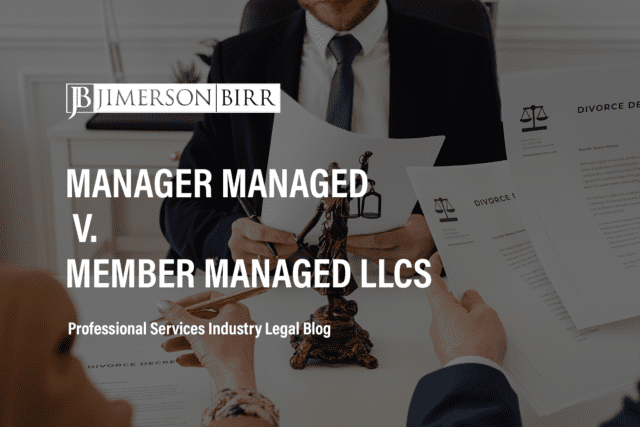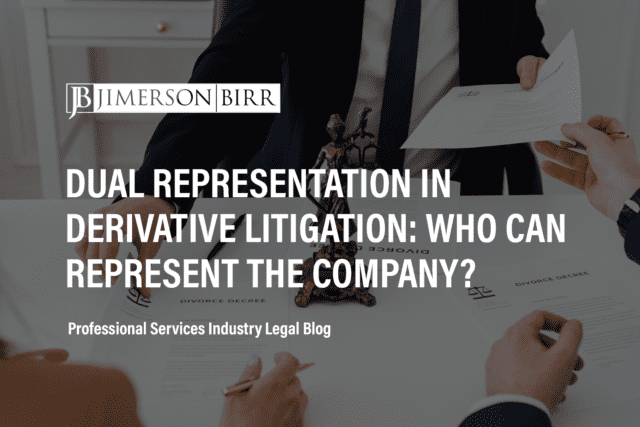What are conflict of interest transactions?
Conflict of interest transactions occur when an individual or entity has competing interests or loyalties that could interfere with their ability to make unbiased decisions. For example, in business or financial transactions, a conflict of interest arises when a person or entity has a financial or personal interest in a particular transaction that may cause them to prioritize their interests over those of the other party.
Such transactions are typically considered unethical and can lead to legal or regulatory consequences if a party does not disclose them or if the conflicts result in financial harm to the other party. Therefore, to avoid conflicts of interest, individuals and organizations should establish clear policies and procedures to identify and address potential conflicts and fully disclose any potential conflicts to affected parties.
Further examples of conflict-of-interest transactions include a corporate executive deciding to award a contract to a company they own or have a financial stake in, a financial advisor recommending investments that benefit them personally, or a government official using their position to secure favorable treatment for a family member’s business.
Need help with a matter related to conflict of interest transactions? Schedule your consultation today with a top shareholder disputes and derivative litigation attorney.
In Florida, which laws and regulations apply to conflict of interest transactions?
In Florida, several laws and regulations are related to conflict of interest transactions, including the following:
- Florida Business Corporation Act (FBCA): The FBCA governs the formation, operation, and dissolution of corporations in Florida. It includes provisions related to conflicts of interest, such as requiring directors and officers to act in the corporation’s best interests and disclosing any conflicts of interest that may arise.
- Florida Statutes § 607.0832: This statute outlines the duties and liabilities of directors and officers of Florida corporations. It requires them to act in good faith and with the care that a person in a similar position would reasonably exercise and to disclose any conflicts of interest that may arise.
- Florida Statutes § 617.0832: This statute outlines the duties and liabilities of directors and officers of Florida nonprofit corporations. It includes provisions related to conflicts of interest, such as requiring them to act in the corporation’s best interests and disclose any conflicts of interest that may arise.
- Florida Revised Limited Liability Company Act (FRLLCA): The FRLLCA governs the formation, operation, and dissolution of LLCs in Florida. It includes provisions related to conflicts of interest, such as Stat. § 605.04092, which outlines the steps members must take when engaging in conflict of interest transactions.
In addition, Florida’s courts have established common law that outlines what directors, officers, members, and partners must do to act in “good faith” and what must be disclosed relating to conflicts about the transaction.
What are common issues regarding conflict of interest transactions that lead to litigation?
Several conflict-of-interest issues arise during transactions that can lead to litigation, including:
- Undisclosed conflicts of interest: When an individual or entity fails to disclose a potential conflict of interest, it can lead to litigation if the other party is harmed. For example, if a corporate executive awards a contract to a company in which they have a financial interest without disclosing that interest, the company that was passed over for the contract may sue for damages.
- Self-dealing: When an individual or entity uses their position to benefit themselves or their interests at the expense of others, it can lead to litigation. For example, if a corporate director awards a contract to their company without considering other options, shareholders may sue for breach of fiduciary duty.
- Insider trading: When an individual trades securities based on non-public information, it can lead to litigation. For example, shareholders may sue for insider trading if a corporate executive sells their company’s stock based on publicly available information.
- Bribery and kickbacks: When an individual or entity accepts payments or other benefits in exchange for favorable treatment, it can lead to litigation. For example, if a government official takes a bribe to award a contract to a particular company, competitors may sue for unfair competition.
When a set of facts is appropriate to meet the requirements giving rise to potential problems with conflict of interest transactions, there are many paths a claimant may take. We are value-based attorneys at Jimerson Birr, which means we look at each action with our clients from the point of view of costs and benefits while reducing liability. Then, based on our client’s objectives, we chart a path forward to seek appropriate remedies.
To determine whether your unique situation may necessitate litigation, please contact our office to set up your initial consultation.
What evidence does a plaintiff generally need to file a lawsuit regarding conflict of interest transactions, and what are common legal defenses to those claims?
To successfully file a lawsuit regarding conflict of interest transactions, a plaintiff generally needs to provide evidence that demonstrates the following:
- The defendant had a conflict of interest: This could include evidence that the defendant had a financial interest or personal relationship that could have influenced their decision-making.
- The defendant failed to disclose the conflict of interest: If the defendant had a conflict of interest, they may have been required to disclose it under applicable laws or regulations. Evidence of a failure to disclose could include emails, memos, or other documents that show the defendant knew of the conflict but did not disclose it.
- The conflict of interest harmed the plaintiff: The plaintiff must demonstrate that they suffered some harm due to the defendant’s conflict of interest. Such harms could include financial injury, lost business opportunities, or reputational damage.
Common legal defenses to claims of conflict of interest transactions may include:
- Lack of evidence: If the plaintiff cannot provide sufficient evidence to prove their case, the defendant may argue that there is no basis for the claim.
- Consent or approval: If the plaintiff knew about the conflict of interest and approved or consented to the transaction, the defendant may argue that they did not violate any laws or regulations.
- Good faith: If the defendant can demonstrate that they acted in good faith and did not intend to benefit themselves or their interests at the expense of others, they may be able to defend against a claim of conflict of interest.
- Business judgment rule: The business judgment rule is a legal principle that protects corporate directors and officers from liability for decisions made in good faith and in the corporation’s best interests. If the defendant can demonstrate that their actions were in line with the business judgment rule, they may be able to defend against a conflict of interest claim.
To see what actions or defenses may be available for your unique situation, please contact our office to set up your initial consultation.
Frequently Asked Questions
- What are the legal dues of corporate directors and officers concerning conflict of interest transactions?
Corporate directors and officers have a legal duty to act in the corporation’s and its shareholders’ best interests. Accordingly, they must avoid conflicts of interest and disclose any potential conflicts of interest to the board of directors or shareholders.
- What are the potential consequences of engaging in conflict of interest transactions?
In some cases, the consequences of engaging in conflict of interest transactions can include civil lawsuits, regulatory penalties, loss of reputation, and criminal charges.
- Can shareholders bring legal action against a corporation for problematic conflict of interest transactions?
Yes, shareholders can bring legal action against a corporation for conflict of interest transactions if they demonstrate that they suffered harm due to the conflict and that the directors or officers breached their legal duties.
Have more questions about a conflict of interest transaction-related situation?
Crucially, this overview of conflict of interest transactions does not begin to cover all the laws implicated by this issue or the factors that may compel the application of such laws. Every case is unique, and the laws can produce different outcomes depending on the individual circumstances.
Jimerson Birr attorneys guide our clients to help make informed decisions while ensuring their rights are respected and protected. Our lawyers are highly trained and experienced in the nuances of the law, so they can accurately interpret statutes and case law and holistically prepare individuals or companies for their legal endeavors. Through this intense personal investment and advocacy, our lawyers will help resolve the issue’s complicated legal problems efficiently and effectively.
Having a Jimerson Birr attorney on your side means securing a team of seasoned, multi-dimensional, cross-functional legal professionals. Whether it is a transaction, an operational issue, a regulatory challenge, or a contested legal predicament that may require court intervention, we remain a tireless advocate every step of the way. Being a value-added law firm means putting the client at the forefront of everything we do. We use our experience to help our clients navigate even the most complex problems and come out the other side triumphant.
If you want to understand your case, the merits of your claim or defense, potential monetary awards, or the amount of exposure you face, you should speak with a qualified Jimerson Birr lawyer. Our experienced team of attorneys is here to help. Call Jimerson Birr at (904) 389-0050 or use the contact form to schedule a consultation.

We live by our 7 Superior Service Commitments
- Conferring Client-Defined Value
- Efficient and Cost-Effective
- Accessibility
- Delivering an Experience While Delivering Results
- Meaningful and Enduring Partnership
- Exceptional Communication Based Upon Listening
- Accountability to Goals











